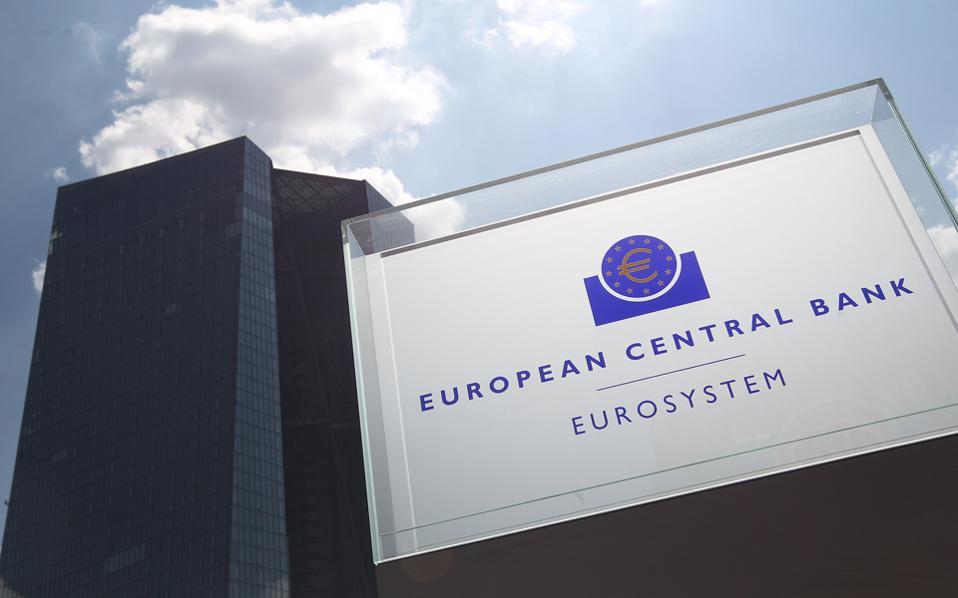Liquidity conditions improved on the back of Greek banks’ unimpeded access to money and capital markets, increased resident deposits (December 2022: EUR 196.7 billion), as well as participation in the Eurosystem’s refinancing operations, in the context of the implementation of the
ECB Governing Council’s decisions. Moreover, the introduction of a new Transmission Protection Instrument (TPI)5
in July 2022 reinforced considerably the tools available to the ECB for the
effective transmission of monetary policy and contributed to containing the upward trend in bond
yields.
The banking sector’s capital adequacy improved further to a satisfactory level, above the
regulatory minimum. Moreover, achieving significant profitability after two loss-making years,
which is attributable to one-off gains and improved core profitability in the second half of the
year, helped put in place the conditions for internal capital generation, further strengthening the
banking sector and laying the ground for enhanced financing of the real economy.
The shift in the monetary policy stance, with the ECB’s interest rate hikes, is expected to contribute to higher bank profitability in the short term.
Greek banks’ return to profitability in 2022 is a positive development, while a further increase in operating income is expected in 2023. The ECB interest rate hikes are set to boost banks’ net interest income in the short term, given the very large share of floating-rate loans. This impact could be muted in the medium term since banks’ funding costs are likely to rise as a result, on the one hand, of gradual increases in deposit rates and, on the other hand, of higher bond issuance costs to shore up liquidity and meet capital requirements.
The recent turbulence in the US and the Swiss banking system requires vigilance on the part of all stakeholders and has brought to the fore the need to complete the banking union.
In 2022, Greek banking groups posted profits, after tax and discontinued operations, amounting
to EUR 3.6 billion, compared with losses of EUR 4.8 billion in 2021, returning to profitability
after two loss-making years.
During this period, deposits continued their upward trend, albeit at a lower annual rate, reflecting strong economic growth, despite the negative impact of high inflation. Specifically, in December 2022, the balance of residents’ deposits in Greece stood at EUR 196.7 billion, reaching a new ten-year high. Deposits by households and non-financial corporations rose to EUR 141.3 billion and EUR 43.8 billion, respectively, up by EUR 6.2 billion and EUR 3.4 billion, respectively.
An increase in deposits by 4.6% on an annual basis is attributable to robust economic growth and depositors’ stronger confidence in the financial system. In the first quarter of 2023, deposits decreased slightly by EUR 2 billion to EUR 194.7 billion, mainly on account of a decline in the deposits of non-financial corporations.
It should be noted that Greek banks, taking into
account the tightening of funding conditions under TLTRO III, in the fourth quarter of 2022 and
the first quarter of 2023 made voluntary repayments of the relevant funds raised from these operations. As a result, in 2022, Eurosystem funding of Greek banks dropped considerably (December
2022: EUR 35.4 billion, December 2021: EUR 50.8 billion), with the trend continuing into the
first quarter of 2023.















